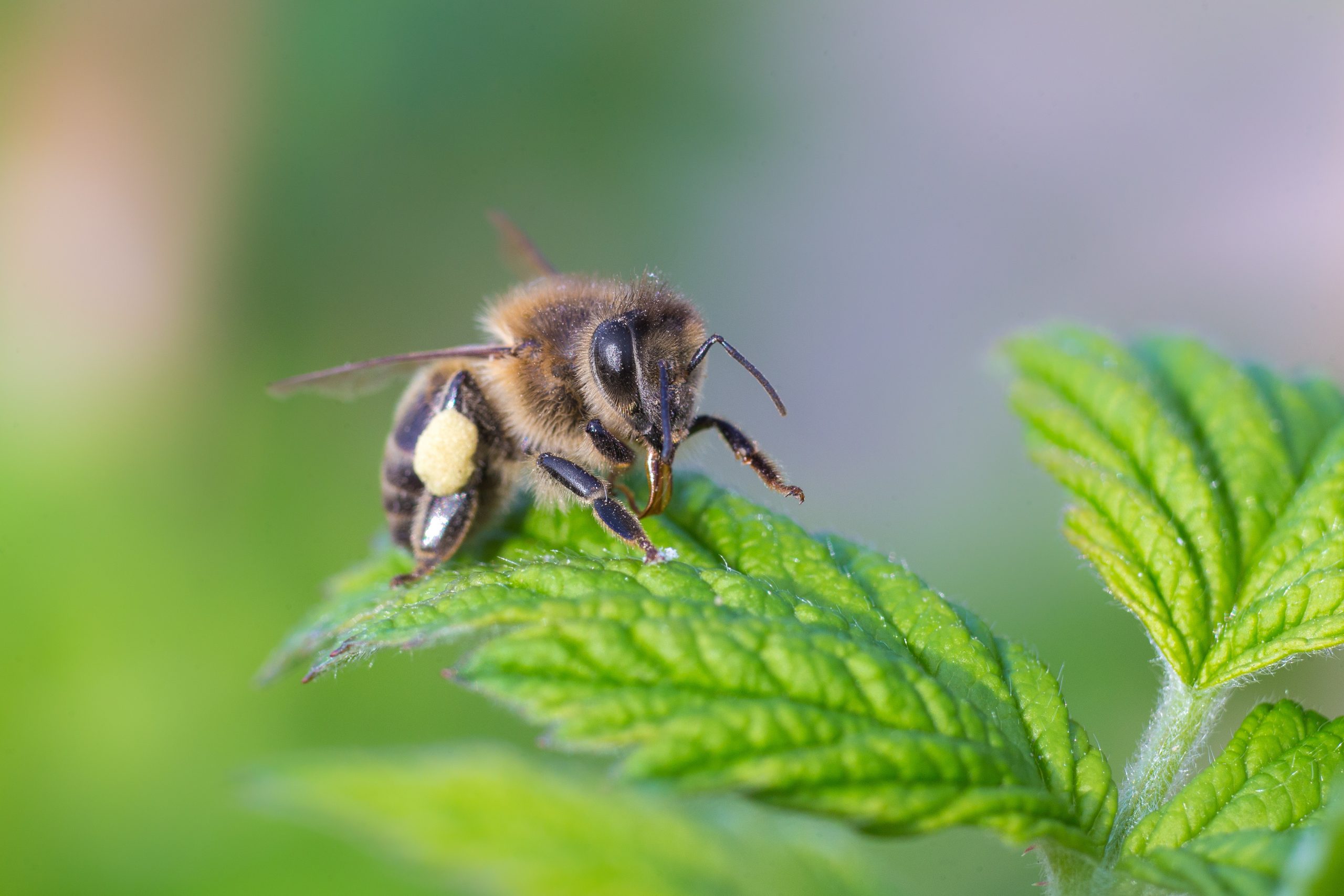Honeybee Decline: Due to Local Stressors?
November 16, 2016
Bee Colony Collapse, Honey Bees
During the 2016 California Association of Pest Control Adviser (CAPCA) Conference, issues relating to honeybees were at the forefront of the event. Speaker Karen Francone of the California Department of Pesticide Regulation (DPR) focused on the importance of honeybees and bee health in general. One of her points focused on pest control advisors and the importance of understanding the multiple causes regarding the declining health of honeybee populations. She pointed out that many understood that the decline of honeybees is “related to complex interactions among local stressors.” In regards to pesticides, Francone believes understanding basic bee biology and behavior can help workers consider which pesticides are safe.
Many at the conference agreed that pesticides were just one of many stressors for bees. Colony collapse disorder (CCD) has also become a major concern for bee populations. Francone also pointed out how pests like varroa mites, which leave bees at risk for poor nutrition and other diseases, are also a concern. Varroa mites can cause deformed wing virus (DMV), a disease affecting the color and function of a honeybee’s wings. These mites are known to feed on bee larvae, which puts adult bees at risk and infects their food supply.
The decline of honeybees is a concern worldwide and especially for today's beekeepers and farmers who depend on pollinated crops. With threats like CCD, varroa mites, and DMV, colonies are experiencing sudden, profound losses of worker bees that are crucial to survival of a hive. They perform roles affecting air circulation, food production, and protection for each hive. As Fracone put it simply, “Hives cannot sustain themselves without worker bees and eventually die.”
Francone explained how these various factors can put a lot of stress on the bee populations while reminding us and those at the conference of their importance over the years and how honeybees have contributed to and helped maintain healthy agricultural ecosystems. Honeybees pollinate crops ranging from nuts to vegetables, making them key pollinators to global food supplies. Francone stated, “Keeping bee populations safe is critical for keeping American tables stocked with high quality (food) products, and our agricultural sector running smoothly.”
Ultimately, the decline of honeybees threatens global food security. Taking precaution in relocating swarms and hives as well as cautiously using supplements can help preserve bee health and their populations. The more caution taken can help prevent the spreading of viruses and preserve the lifespan of honeybees overall.


.jpg)



